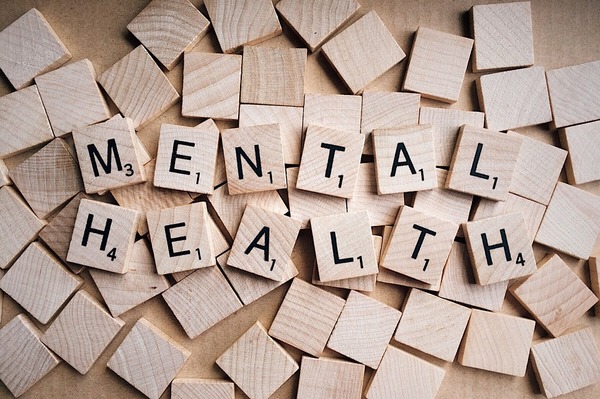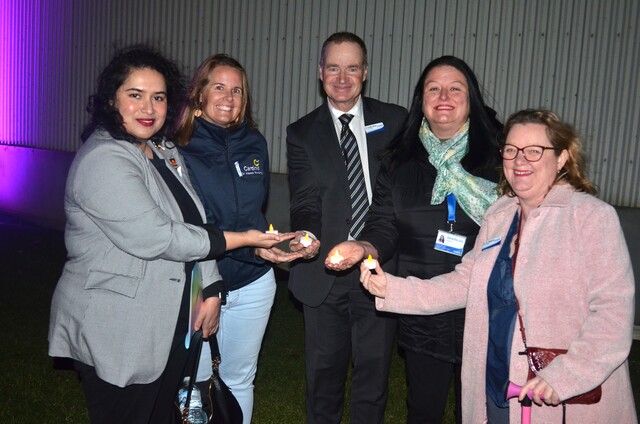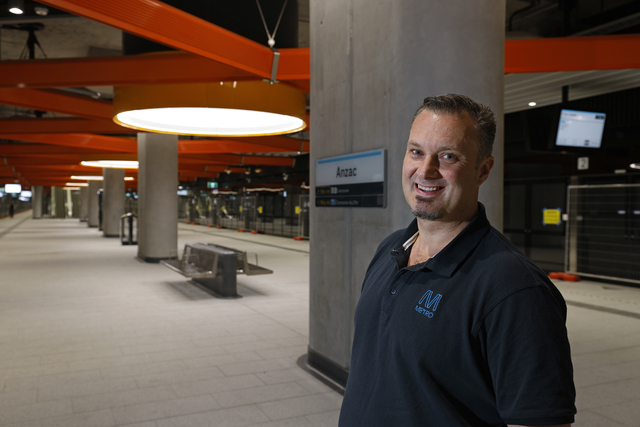Refugees and asylum seekers are many times higher at risk of mental illness but less likely to access help, the Royal Commission into Victoria’s Mental Health System has heard.
Kylie Scoullar, general manager of direct services at Foundation House, told the Commission on 18 July of a recent study that found asylum seekers in community detention were 22 times more likely to commit self-harm.
Those in offshore and onshore detention were 46 to 216 times more likely, she said.
Stigma and shame were key factors in not accessing services.
Parents, for instance, might feel blamed or judged for their children’s problems. Or they might be fearful and distrustful of doctors – and other authority figures.
“In some cases doctors have actually been part of the trauma that’s been perpetuated on them in their country of origin.”
Some humanitarian entrants and asylum seekers may not disclose mental illnesses because they fear immigration authorities may find out and hinder their applications.
Ms Scoullar recounted mistreatment in the mental health system due to not being “trauma-informed”.
She told of a trauma survivor being treated for an eating disorder in a public mental health facility.
“She refused to eat and was very close to dying.
“With our work, it became evident, however, that in fact she did not have an eating disorder, she had been forced to eat terrible things in her country of origin as part of her torture experience.
“Without that key piece of information there is no way that mental health treatment could be effective for her.”
She was being forced to eat – which was “the complete opposite” to what was needed for her recovery, Ms Scoullar said.
Asylum seekers were suffering under the effects of long detention and processing times.
“The language of mental health disorders is just insufficient to describe the powerlessness, the sense of hopelessness, the shattering of assumptions that people have about human decency that occur when people have had protracted and long-term detention.”
Ms Scoullar listed solutions such as training support-people from refugee and CALD communities, more outreach services, psychoeducation classes for new arrivals and collaboration between trusted Foundation House counsellors and mental-health clinicians.
Foundation House assists refugees and asylum seekers who have experienced torture and other traumatic events prior to arriving in Australia.
Its five branches in Victoria include an office in Dandenong.







